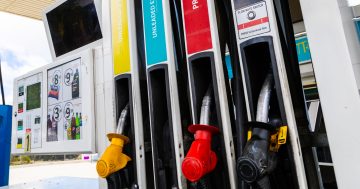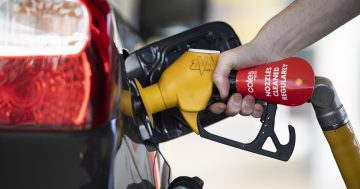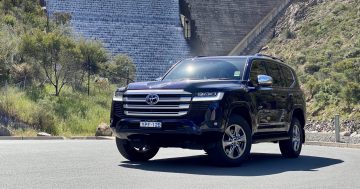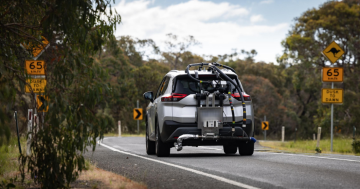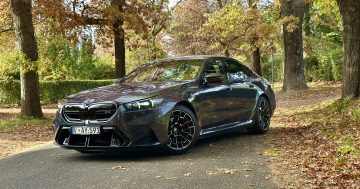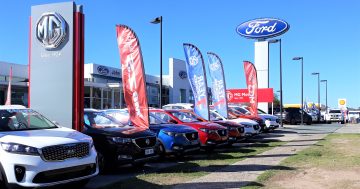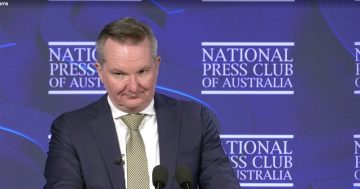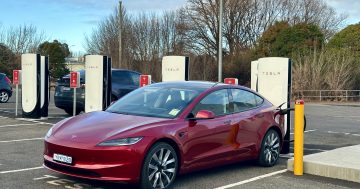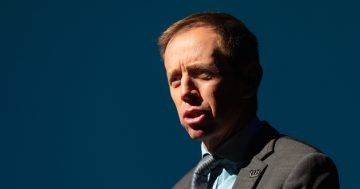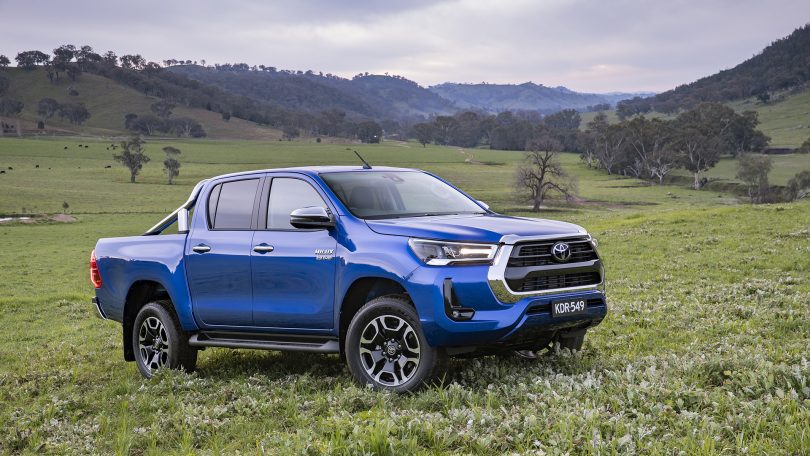
The Opposition claims utes such as the Toyota Hilux will go up in price as much as $14,500 under the proposed NVES. Photo: Toyota Australia.
Since being announced in early February, the Federal Government’s proposed New Vehicle Efficiency Standards (NVES) have polarised interest groups and the Opposition.
The proposed reforms would see Australia fall in to line with international vehicle emissions standards, and prompt manufacturers to import more low or zero-emissions vehicles currently not available here.
Rather than being aimed at a specific type of car, the new standards would be applied across a manufacturer’s model range in the hope it prompted manufacturers to import more low-emissions vehicles to balance out emissions across their range.
The government says Australia has lagged behind the rest of the world. Through the proposed NVES Option B approach, the government hopes to accelerate its emission targets to match those of the US by 2028. This gives manufacturers and importers four years to rejig their model lineups to meet the standard.
It says the NVES will deliver more vehicles to Australia with the latest engine and design technologies to ensure lower fuel bills, meaning bigger savings at the petrol pump.
Since February, the government has been consulting with the public, industry and interest groups, and aims to introduce the legislation so it comes into effect by 1 January 2025.
Australia’s peak industry body representing importers and distributors of passenger and light commercial motor vehicles, the Federal Chamber of Automotive Industries (FCAI), has called for balanced and realistic emissions standards that accommodate consumer vehicle preferences.
The FCAI also called for a “modest start, fast finish” introduction of any new emissions policy, “to achieve required out-year emissions reductions while accommodating model development and the life cycle of vehicles in order to avoid sudden consumer price shocks”.
“To be effective, an FES [fuel efficiency standard] must account for the unique characteristics of the Australian market,” it says.
“Australia is very much a technology taker, rather than a technology creator, and so must work (as a minor player) to develop and implement a bespoke local automotive plan in an industry marked by extended timeframes, and where product allocation decisions are made based on a global product strategy.
“In 2023, SUVs and LCVs accounted for nearly 80 per cent of sales and comprised all the top 10 vehicles sold throughout the year,” it said. “Right-hand drive battery electric vehicle models in the segments demonstrably preferred by Australian consumers (and at a price point aligned to current choices) do not exist in any market in the world at this time.
“The FCAI opposes the government’s preferred NVES Option B as currently drafted. The FCAI believes that Option B will cause significant disruption for large sections of the industry, and will result in less choice and higher retail prices for Australian consumers.”
But not all members of the FCAI agree with the body’s position. EV manufacturers Tesla and Polestar withdrew from the group last week over the issue, with Polestar Australia describing the FCAI’s claims as “overblown” and “cherrypicked”.
The Coalition has amped up its own claims, with Opposition MPs telling media at a Toyota dealership in Perth on the weekend that prices of utes and SUVs will rise across the board.
“If somebody wants to buy an electric vehicle, that’s fantastic, that’s a great choice, if that’s the choice for them,” Opposition Leader Peter Dutton said.
“But if somebody wants to go and buy a D-Max, or they want to go and buy a LandCruiser, or BT-50, or a HiLux, or a Ranger, whatever it might be, the government shouldn’t be applying a new tax to those vehicles to make it look more attractive to buy an electric vehicle.
“In the end, we want choice for consumers, and people will make a choice based on their own needs.”
WA Liberal MP Michaelia Cash added: “The cars that they drive – the SUVs, the 4WDs and the utes, they’re the cars they pick up and drop off their kids from school with, they’re the cars they use every single day, doing their jobs, for the rest of us here in WA.
“And what does Mr Albanese and Chris Bowen want to do? They want to make those cars more expensive.”
Minister for Climate Change and Energy Chris Bowen described the Coalition’s approach as a scare campaign.
“That hasn’t happened anywhere else in the world,” he told the ABC’s Insiders.
“And you don’t have to take my word for it – when the previous government tried this in 2015 and 16 and 17, Paul Fletcher, who was driving it, was very, very clear.
“He made the point that the price of utes has not [gone] up in any other country in the world that has done it, including the US, and that utes have remained as popular after the introduction of vehicle efficiency standards than before.
“This is just a ridiculous scare campaign from Peter Dutton.
“Peter Dutton is arguing that Australians deserve less choice and should be paying more for more petrol.”
Original Article published by Andrew McLaughlin on Riotact.


